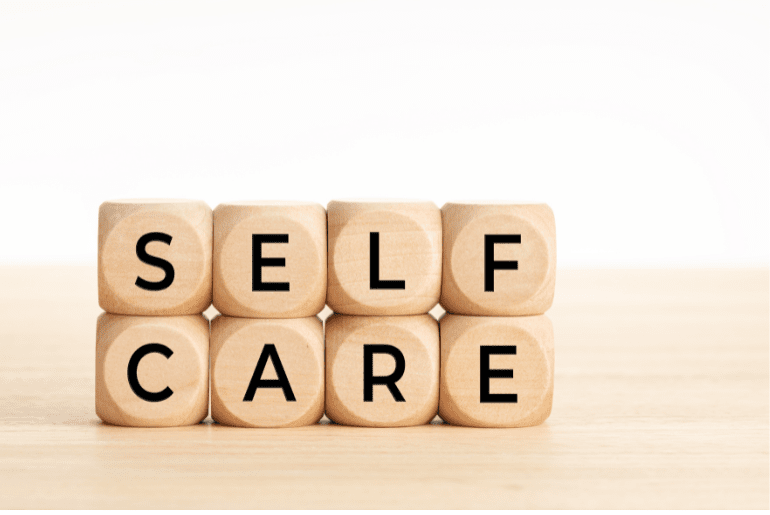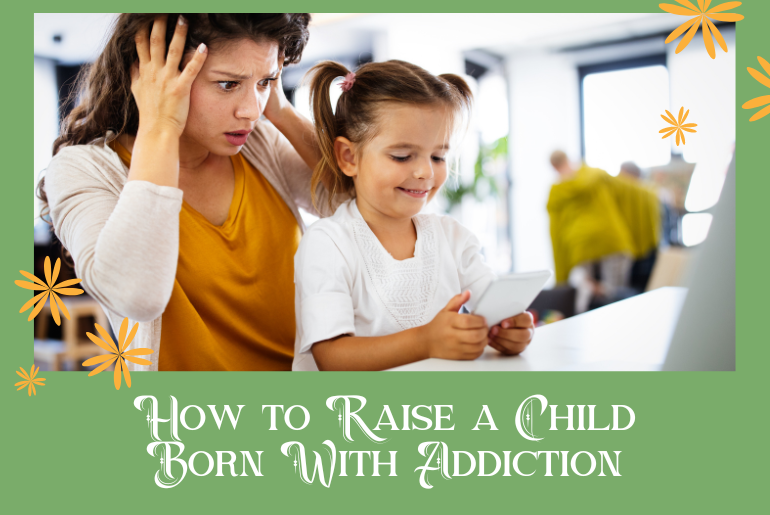Being a parent can be one of the most rewarding experiences of your life but also one of the most challenging. Parents often find themselves constantly juggling responsibilities, whether it’s work, household chores, or taking care of their children. It’s no wonder many parents often neglect their own needs in favour of caring for everyone else. However, self-care is essential for parents to maintain their physical, mental, and emotional well-being.
In this post, I’ll discuss how parents can practice self-care, including prioritizing self-care, mindfulness and relaxation techniques, exercise and healthy habits, and support systems. I’ll also provide tips on how parents can make time for self-care and how to incorporate self-care practices into their daily routines. Whether you’re a new parent or a seasoned veteran, self-care is essential to help you be your best parent.
What Is Self Care and Why Is It Important?
Have you ever felt like you’re constantly running on empty, trying to juggle a hundred different things at once? As a parent, it can be challenging to find time for yourself, but it’s essential for your well-being. Self-care is the practice of taking care of yourself to maintain your physical, mental, and emotional health. It’s not just about bubble baths and massages; self-care encompasses a wide range of activities that can help you feel your best.

Self-care can take many different forms, depending on your needs and preferences. It can be as simple as practising deep breathing or walking outside for a few minutes. It can also include activities that bring you joy, like reading a book, listening to music, or spending time with friends. The important thing is that self-care is something you intentionally do to take care of yourself, whether it’s a small daily practice or a larger indulgence.
Self-care is not selfish; it’s essential for your overall health and well-being. By taking care of yourself, you’ll be better equipped to handle the challenges of parenthood and be more present for your family. It’s important to remember that self-care looks different for everyone, so it’s essential to find what works best for you.
Benefits of Self-Care for Parents
As a parent, it’s easy to put your needs on the back burner in favour of taking care of your family. However, neglecting your self-care can negatively affect your physical, mental, and emotional health. On the other hand, practising self-care can have a multitude of benefits that can make you a better parent and a happier person overall. Here are just a few of the many benefits of self-care for parents:

1. Reduces stress and anxiety
Parenthood can be a stressful and anxiety-inducing experience, but self-care practices like deep breathing, meditation, or spending time in nature can help reduce stress and anxiety. When you take care of yourself, you’re better equipped to handle parenting challenges.
2. Boosts your mood
Taking time for yourself and engaging in activities that bring you joy can positively impact your mood. Whether it’s indulging in your favourite hobby or spending time with friends, self-care can help you feel happier and more fulfilled.
3. Increases your energy levels
Parenting requires a lot of energy, and feeling drained and exhausted is easy. However, incorporating self-care practices like exercise and healthy eating into your routine can increase your energy levels and help you feel more alert and focused.
4. Improves your physical health
Self-care practices like exercise and healthy eating can positively impact your physical health. By prioritizing your health and well-being, you’ll be better equipped to care for your family in the long run.
5. Models healthy behaviour for your children
By prioritizing self-care, you benefit yourself and set an example for your children. You’re showing them that taking care of yourself is important and that they should prioritize their own self-care as well.
Best Practices for Self-Care for Parents
Now that we’ve discussed the benefits of self-care for parents, it’s time to talk about how you can incorporate self-care practices into your daily routine. Here are some best practices for self-care for parents:

1. Prioritize sleep
As a parent, it can be difficult to get enough sleep, but getting quality sleep is essential for your physical and mental health. Establish a consistent sleep routine and prioritize getting 7-8 hours of sleep each night.
2. Make time for exercise
Exercise is a great way to boost your mood and increase your energy levels. Even if it’s just a short walk or a quick yoga session, try incorporating some form of exercise into your daily routine.
3. Practice mindfulness
Mindfulness practices like meditation or deep breathing can help reduce stress and anxiety. Try to set aside a few minutes each day to practice mindfulness and focus on the present moment.
4. Set boundaries
Setting boundaries and prioritizing your needs is important, even as a parent. Don’t be afraid to say no to things that don’t align with your priorities, and communicate your needs to your family.
5. Engage in activities that bring you joy
Taking time for activities that bring you joy can positively impact your mood and well-being. Whether reading a book, listening to music, or taking a bath, prioritize activities that make you happy.
6. Connect with others
Parenthood can be isolating, but connecting with others can help reduce feelings of loneliness and improve your mental health. Try to spend time with friends or family members, or consider joining a support group for parents.
7. Practice self-compassion
It’s easy to be hard on yourself as a parent, but practising self-compassion can help you feel more confident and resilient. Treat yourself with the same kindness and compassion that you would offer a close friend.
Implications of Not Practicing Self Care
While practising self-care can have numerous benefits for parents, not taking care of yourself can have serious implications. Here are some of the consequences of not practising self-care:

1. Burnout
Parents who don’t practice self-care are at risk of burnout, which can manifest as physical, emotional, and mental exhaustion. Burnout can make it difficult to perform everyday tasks and negatively impact relationships with your children and partner.
2. Increased stress and anxiety
When you’re not taking care of yourself, it’s easy to become overwhelmed and stressed. This can lead to increased anxiety and even depression.
3. Physical health problems
Not practising self-care can have negative consequences for your physical health. For example, lack of sleep and exercise can lead to weight gain, cardiovascular problems, and other health issues.
4. Decreased productivity
When you’re not feeling your best, it’s hard to be productive. This can impact your ability to perform well at work, care for your children, and complete household tasks.
5. Negative impact on relationships
When you’re not taking care of yourself, it can be difficult to maintain positive relationships with your family and friends. You may feel irritable, short-tempered, and disconnected from those around you.
6. Difficulty finding joy in everyday life
Finding joy in everyday life can be difficult when you’re not practising self-care. You may feel like you’re simply going through the motions rather than truly enjoying your time with your children and partner.
Wrap Up
Remember that practising self-care isn’t just a luxury but a necessity for your overall well-being. By taking care of yourself, you’ll not only feel better, but you’ll also be better equipped to take care of your family. Don’t wait until you’re experiencing the negative consequences of prioritizing your own self-care. Start incorporating these practices into your daily routine today.

I am Christiana Williams, a multitasking sociologist and proud mama of three. With a passion for exploring the complexities of modern parenting, I bring my unique perspective and expertise to the table. As a seasoned parent and seasoned sociologist, I have a wealth of knowledge and experience to share. From the ups and downs of raising a family to the latest research on child development, I am on a mission to help other parents navigate the joys and challenges of parenthood. Get ready to be inspired, informed, and entertained as I share my insights and adventures as a parent.




